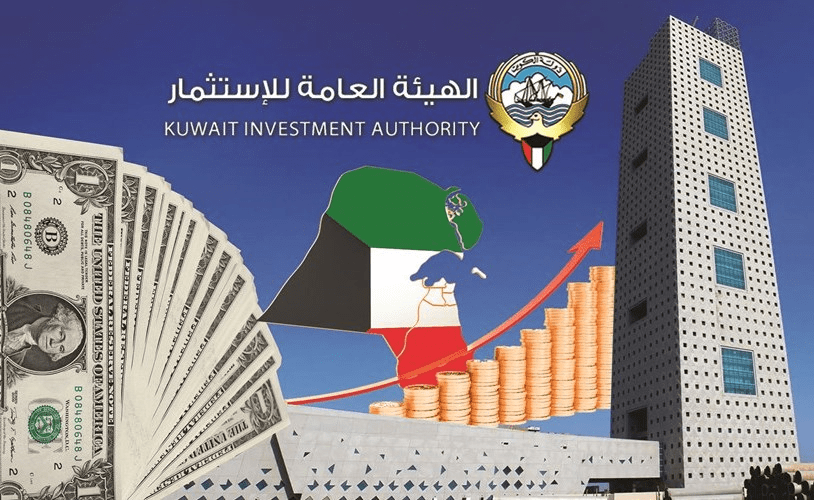Kuwait's sovereign wealth fund, the "Future Generations" fund managed by the Kuwait Investment Authority (KIA), has seen a substantial increase in its assets, according to recent figures released by the Sovereign Wealth Fund Institute (SWFI). This growth comes despite the fund slipping one position in the global rankings.
The fund's value has climbed from $803 billion in July 2023 to a staggering $923.45 billion currently. This 15% surge represents a significant achievement, marked by a reported 811 transactions. The growth reflects KIA's successful investment strategies across various asset classes.
However, despite this impressive performance, Kuwait's sovereign wealth fund finds itself ranked fifth globally in terms of asset size. This is a slight decline from its previous position of fourth place. The top three spots continue to be held by the Norwegian Sovereign Wealth Fund, the China Investment Corporation, and an unidentified sovereign wealth fund.
Analysts suggest several reasons for the shift in rankings. The global economic climate, along with investment decisions by other sovereign wealth funds, can all play a role. Additionally, Kuwait's fund may be facing challenges in keeping pace with the aggressive investment strategies of some of its peers.
Despite the change in ranking, the substantial growth of Kuwait's sovereign wealth fund remains a positive indicator for the country's long-term financial stability. The "Future Generations" fund serves as a vital source of revenue for the government, providing a buffer against economic fluctuations and supporting future development initiatives.
The KIA's management has expressed confidence in its ability to navigate the global economic landscape and continue to generate positive returns for the fund. The successful completion of over 800 transactions highlights the fund's active investment approach.
The future trajectory of Kuwait's sovereign wealth fund will be closely monitored by both domestic and international financial observers. The fund's performance is seen as a key indicator of the country's overall economic health and its ability to secure the well-being of future generations.

